Do cats suffer from mood swings as humans do? Do they feel tense and stressed out? They most definitely do. Cats are famous for being temperamental and complex animals, and they are not as expressive as dogs, and cat stress is expressed much more subtly.
It is vital to understand the various signs of cat stress your pet may be displayed so that you can change whatever you think is bothering them. Chronic stress can have a detrimental effect on your cat’s physical and mental health. It is best to spot the signs early to prevent any more significant problems down the road.
1. Digestive Problems
Does your cat seem to have diarrhea very often? Or does it vomit after every meal? While cats may have digestive problems after eating particular problem foods, it is best to consult a vet immediately if your cat is constantly suffering from such issues.
Frequent indigestion is a very common sign of cat stress. If this issue continues for prolonged periods, it can lead to weakness and dehydration. These digestive problems are also signs of anxious cat behavior, and you need to stay on the watch for these.
2. Not using the kitty litter
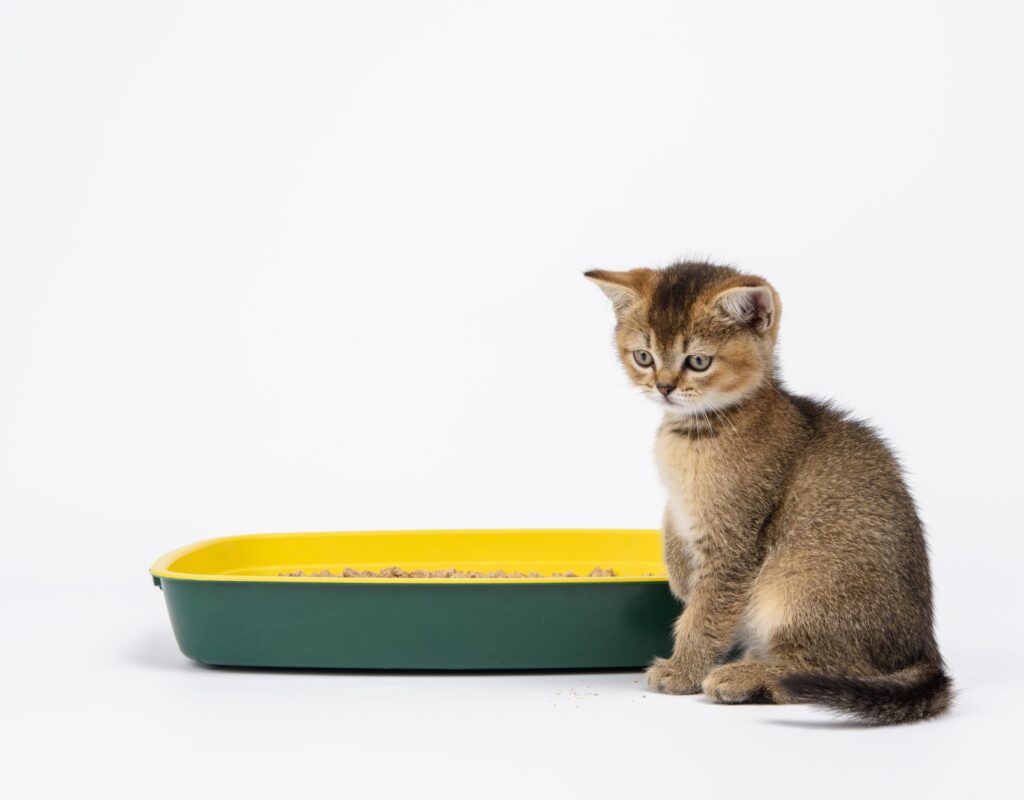
If your cat is not urinating in the kitty litter, it may be trying to tell you something! Cats are generally very clean animals, and once trained to do their business in the litter, do not often soil the house.
Urinating outside the litter may be a common sign of cat stress. Your pet might be dirtying the house to get your attention. If this happens despite continuous training, be sure to visit a vet to find out what is bothering your pet.
3. Obsessive grooming
We all know that cats love to lick their coats of fur and keep themselves clean. This is just one of the many methods through which they groom themselves and maintain their hygiene. A certain level of grooming is entirely normal. But if your cat is grooming itself excessively to the extent that its fur is raw and dry, this is a sign of a more significant problem and is indicative of cat stress.
4. Aggressive Behavior towards Humans
While cats are generally docile towards human beings, if they are feeling a common symptom of cat stress, they may lash out at strangers. In worst-case scenarios, they may even make you the target of their aggression. If you see such a drastic behavioral change in your cat, visit a vet immediately to avoid any physical harm and get rid of cat stress.
5. Aggressive Behavior towards Animals
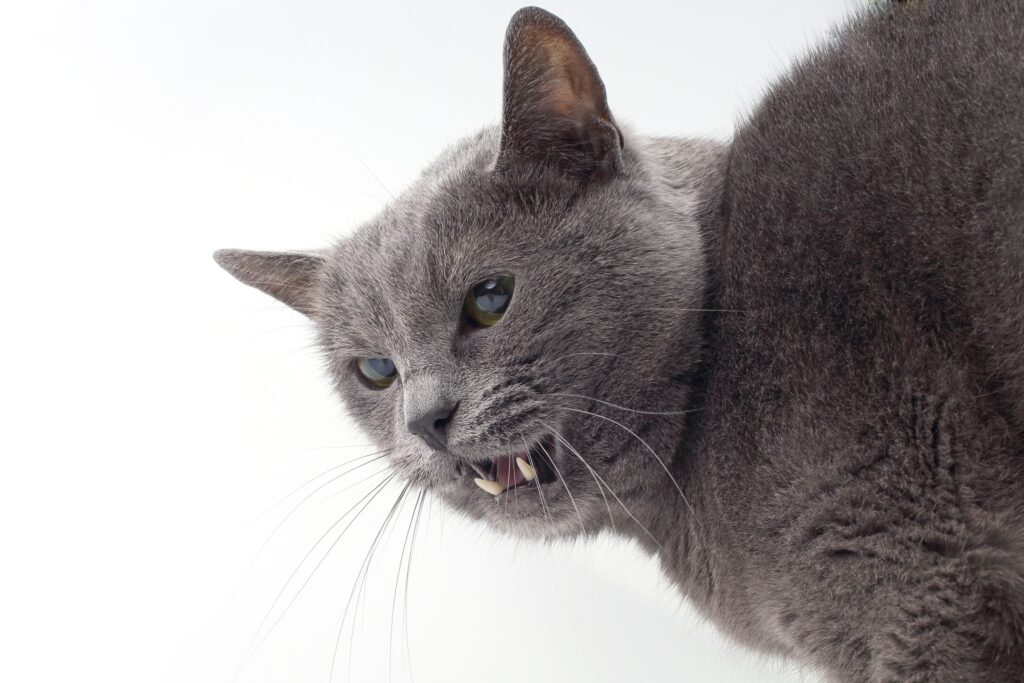
Cats, particularly those that live outside, often get into fights with their feline counterparts. However, if they show excessive anger to other animals, particularly any other pets in your house, it may be time to consult a vet. Excessive anger towards other animals can signify that your cat is stressed, and seeking help before it comes to physical harm is crucial.
6. Sleeping Too Much
Cats are famous for getting their beauty sleep in. In fact, a cat can even sleep for up to 20 hours a day. However, if your cat is actually sleeping 20 hours a day, that is not always healthy. If your pet has always been active and agile, excessive sleeping can be a sign of depression or stress, so stay alert when it comes to changes in your cat’s sleep schedule.
7. Talking Too Much
While cats meow and purr to get their owners’ attention and express their feelings, excessive sounds from your cat are not always a good sign. If your generally calm and quiet pet is meowing too frequently, it may be by trying to tell you something is wrong. Since untrained humans cannot understand cat language yet, visit a behavioral specialist to find out what may happen.
8. Loss of Appetite
At times when something is bothering you, you simply do not feel like eating. The same goes for cats too! If they are stressed out for some reason, or there is something really pressing on their minds, they may not feel hungry at all. This can obviously lead to health problems and malnutrition, so it’s best to talk to your vet about it.
9. Staying Alone
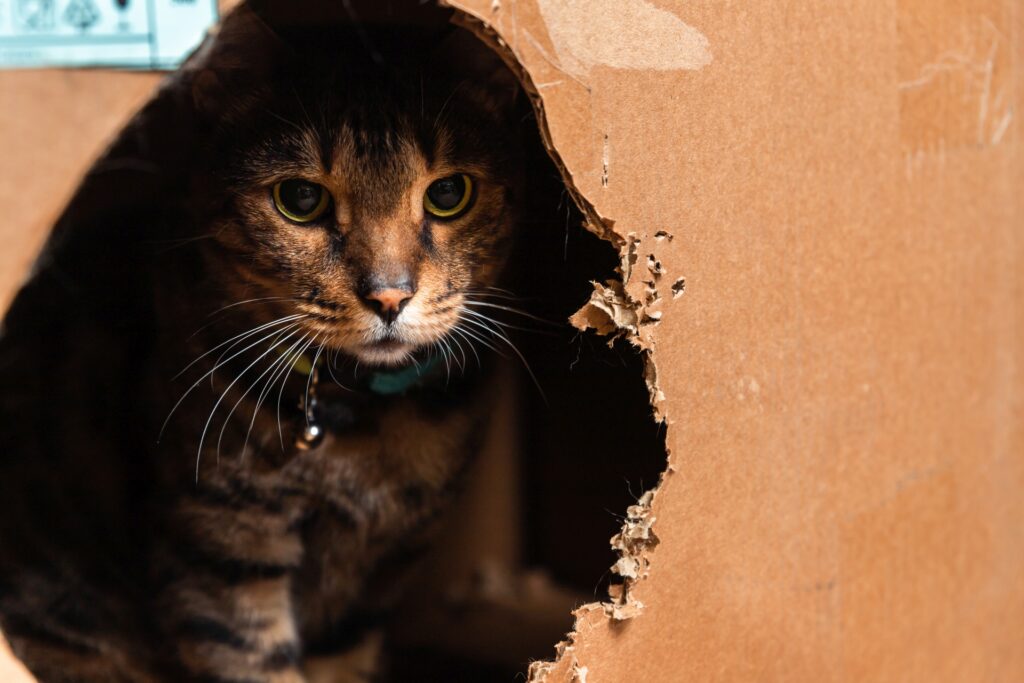
Cats like to have their alone time. However, if your cat is sulking around in dark corners of the house, sits alone for long periods of time, or is simply not socializing enough with you, it may be stressed or depressed. Isolation is one of the common signals of cat stress, and stay aware of such subtle changes in your cat’s habits.
10. Scratching Itself Too Much
Like all animals, cats scratch themselves too. This is a normal behavior they engage in to get rid of ticks and insects. However, if your cat is scratching itself to such an extent that it is injuring itself, this can be a sign of severe cat stress and needs to be addressed immediately.
11. Displaying Restlessness
Is your cat pacing around the house restlessly? If it seems that your cat is restless, fidgety, and just cannot seem to stop walking around the house, it may be time to see a vet. This is because excessive movement may be a way through which your cat is releasing its stress. However, this amount of exertion over a long period of time can negatively impact your cat’s health as well. Cat stress can therefore make your cat physically weaker too, making it all the more important to address.
12. Excessive Eating
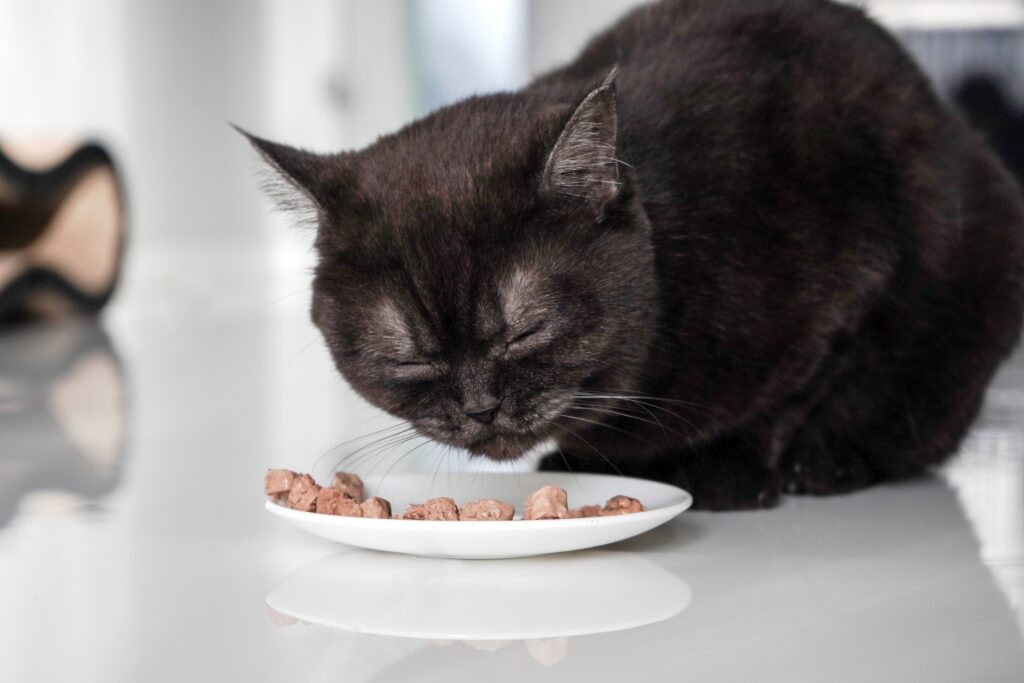
While a loss of appetite is a common sign of depression among cats, excessive eating is not healthy for them either. If your cat is consuming much more food than usual or looking for things to eat around the house after being fed, it may be a sign that your cat is tense.
Like human beings, cats eat their feelings too, and overeating is a sign of cat stress. After some time, you will have a good idea of how much your cat normally eats. If you think the food it is consuming is more than its energy requirements, consult a vet and discuss your concerns regarding cat stress.
Cats can be a man’s best friend too! It is crucial to understand when your feline friend is trying to reach out to you and is expressing signs of cat stress. Since they cannot use words like the rest of us, look out for the symptoms mentioned above to understand what might be upsetting your cat.
Reaching out to a vet early on can protect your pet from serious issues and help end cat stress at the start! I will want to if my cat is stressed before I take any serious steps to consult a vet or make some important lifestyle change for cat stress relief.

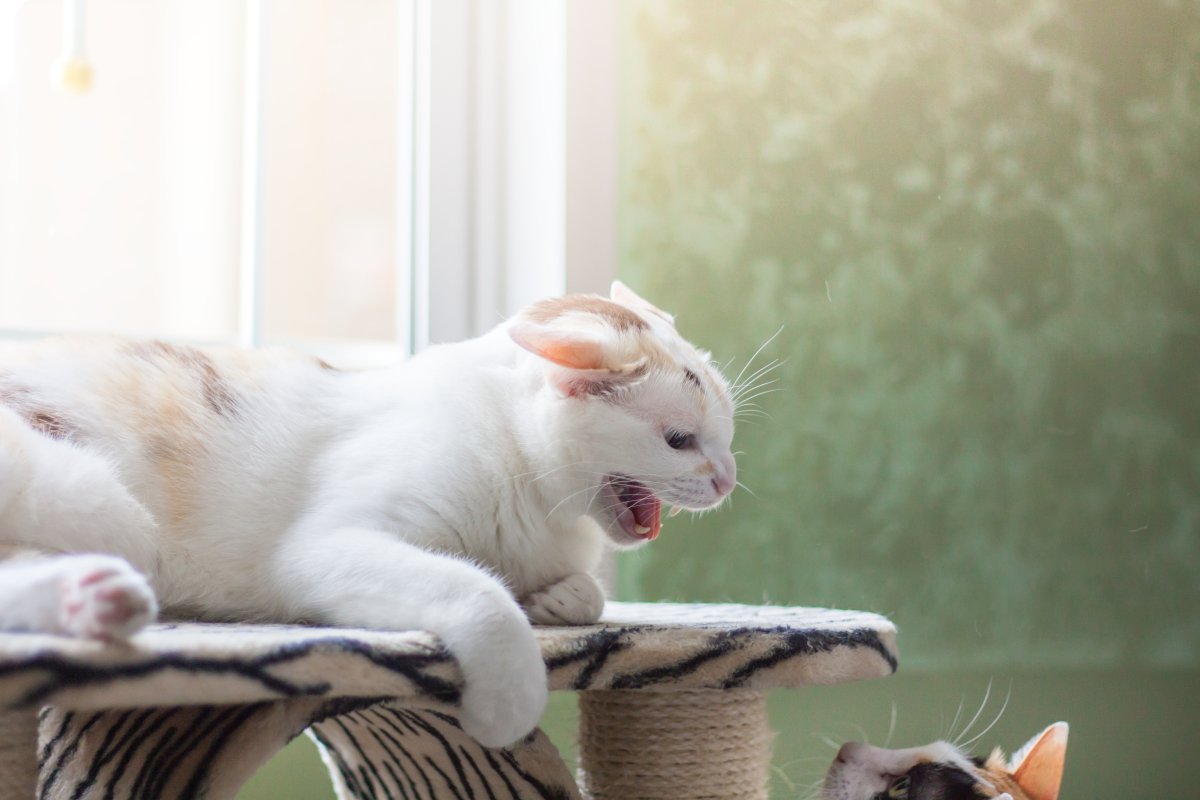
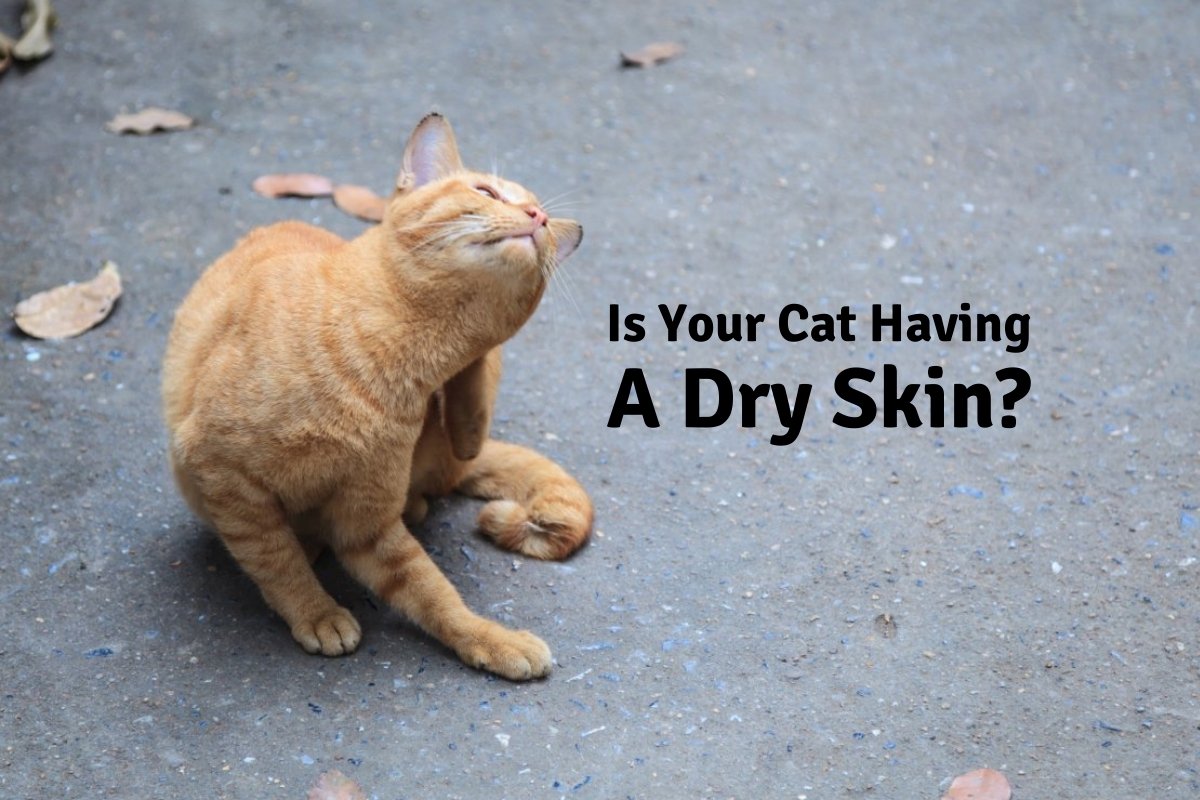
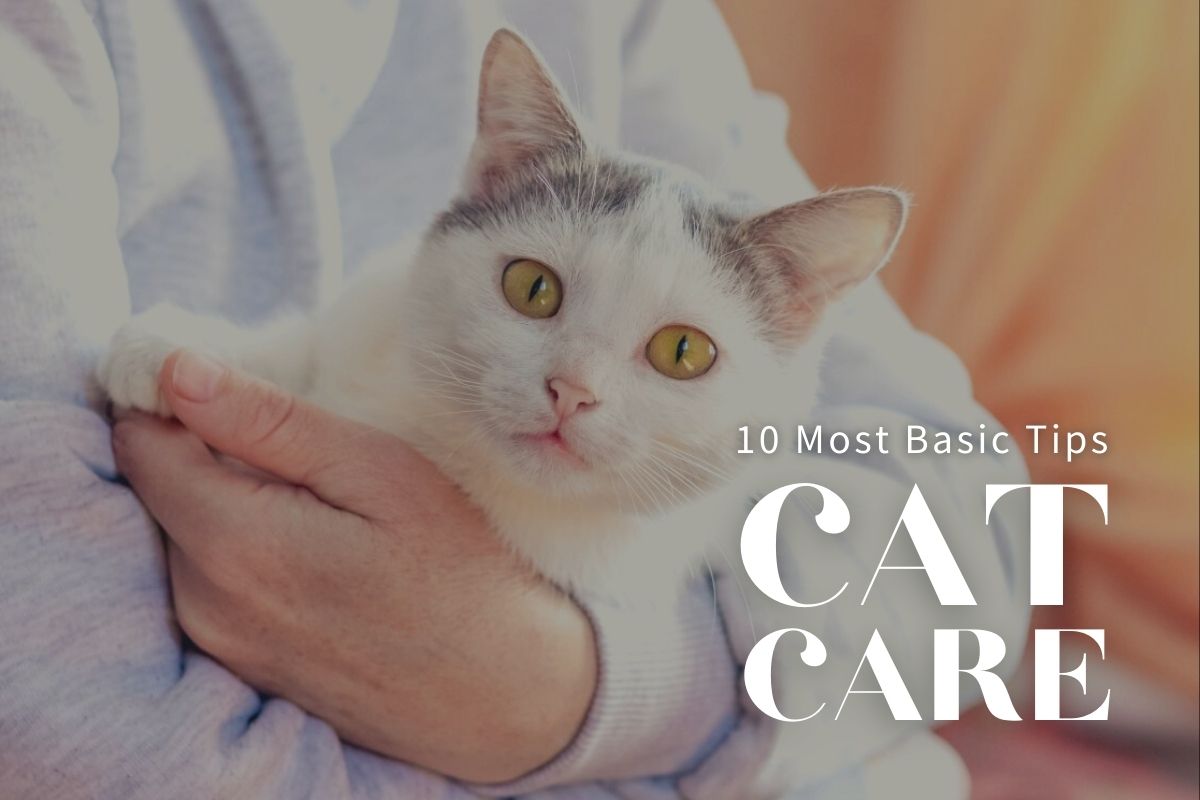
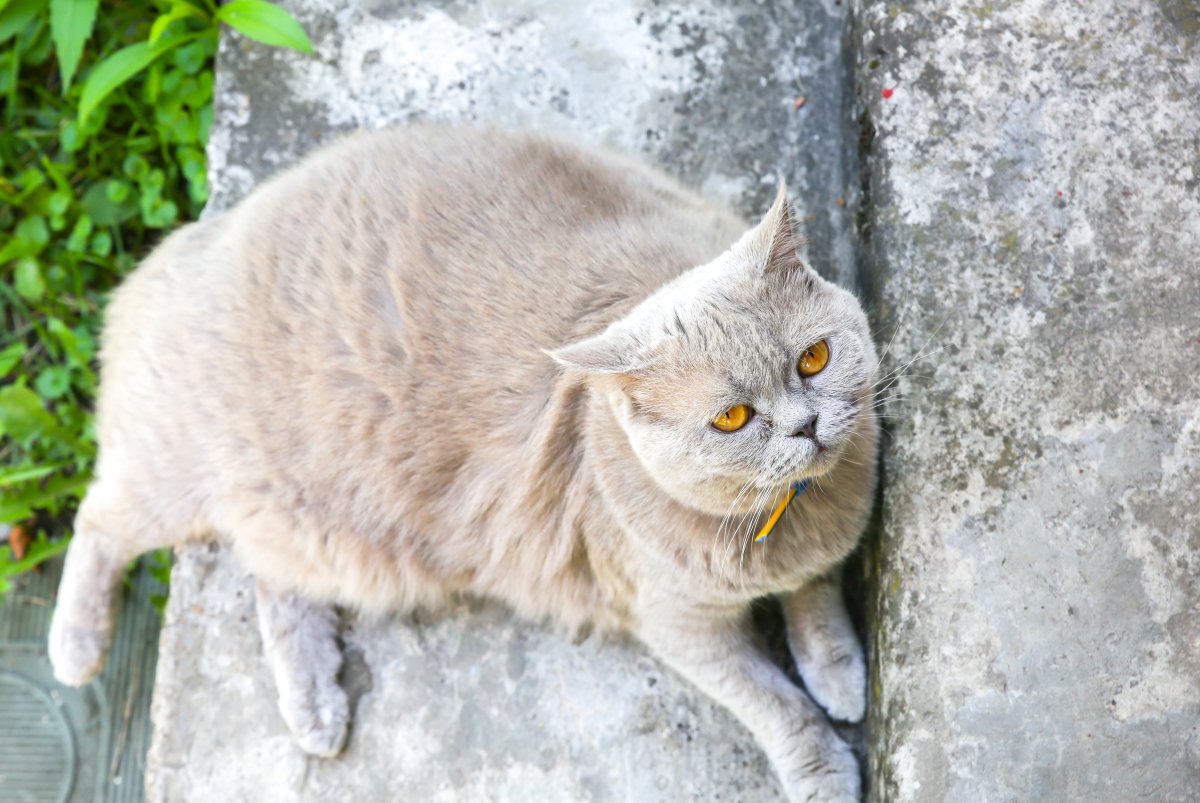
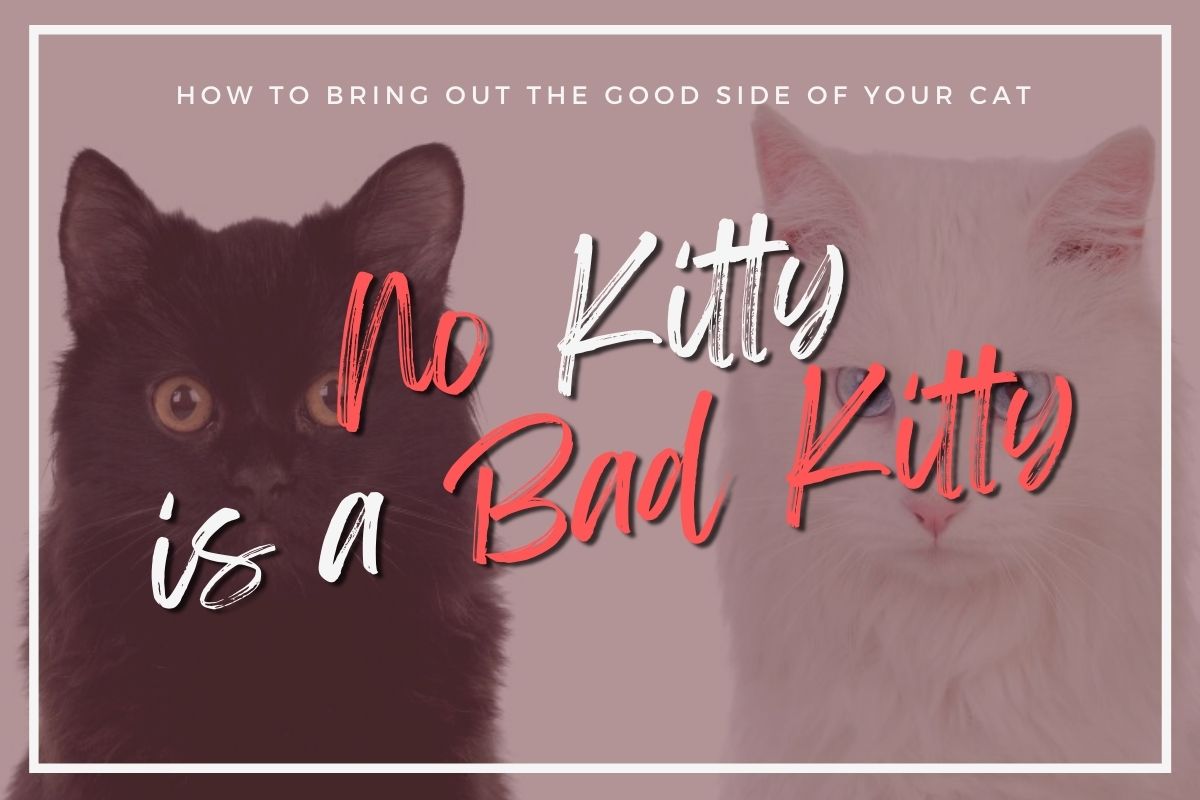
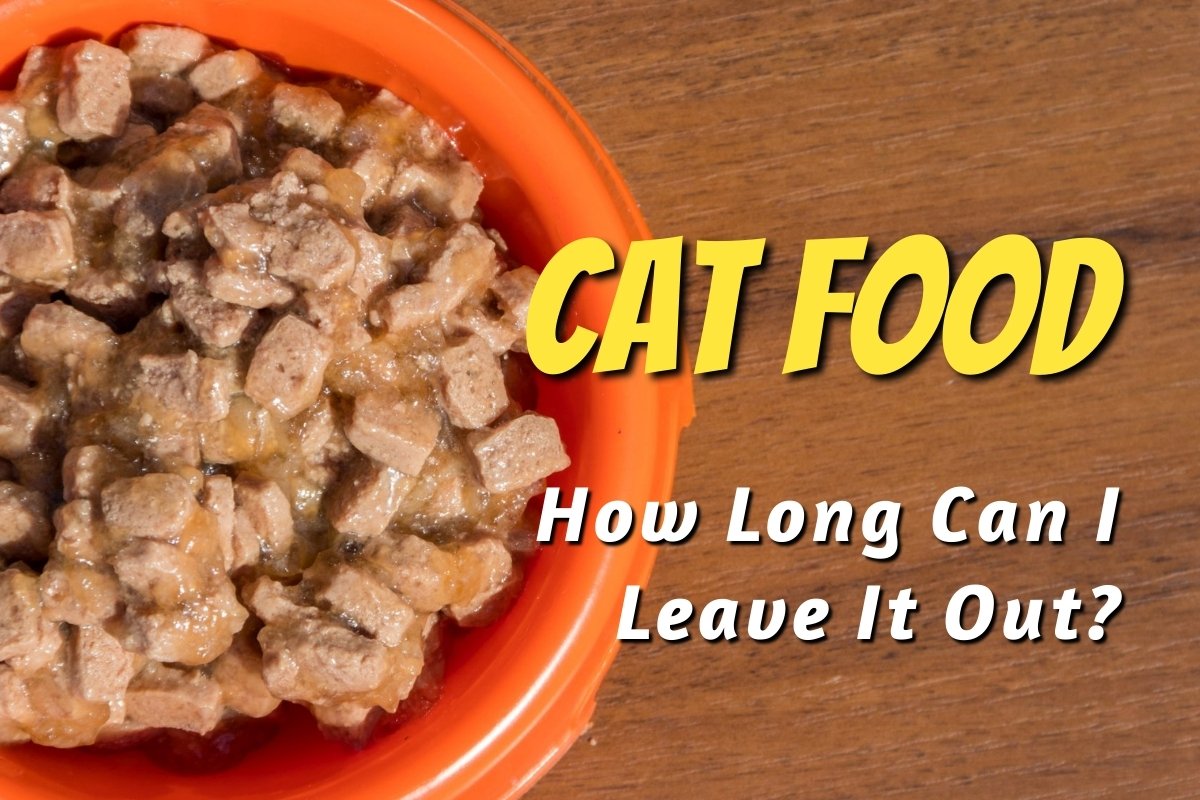
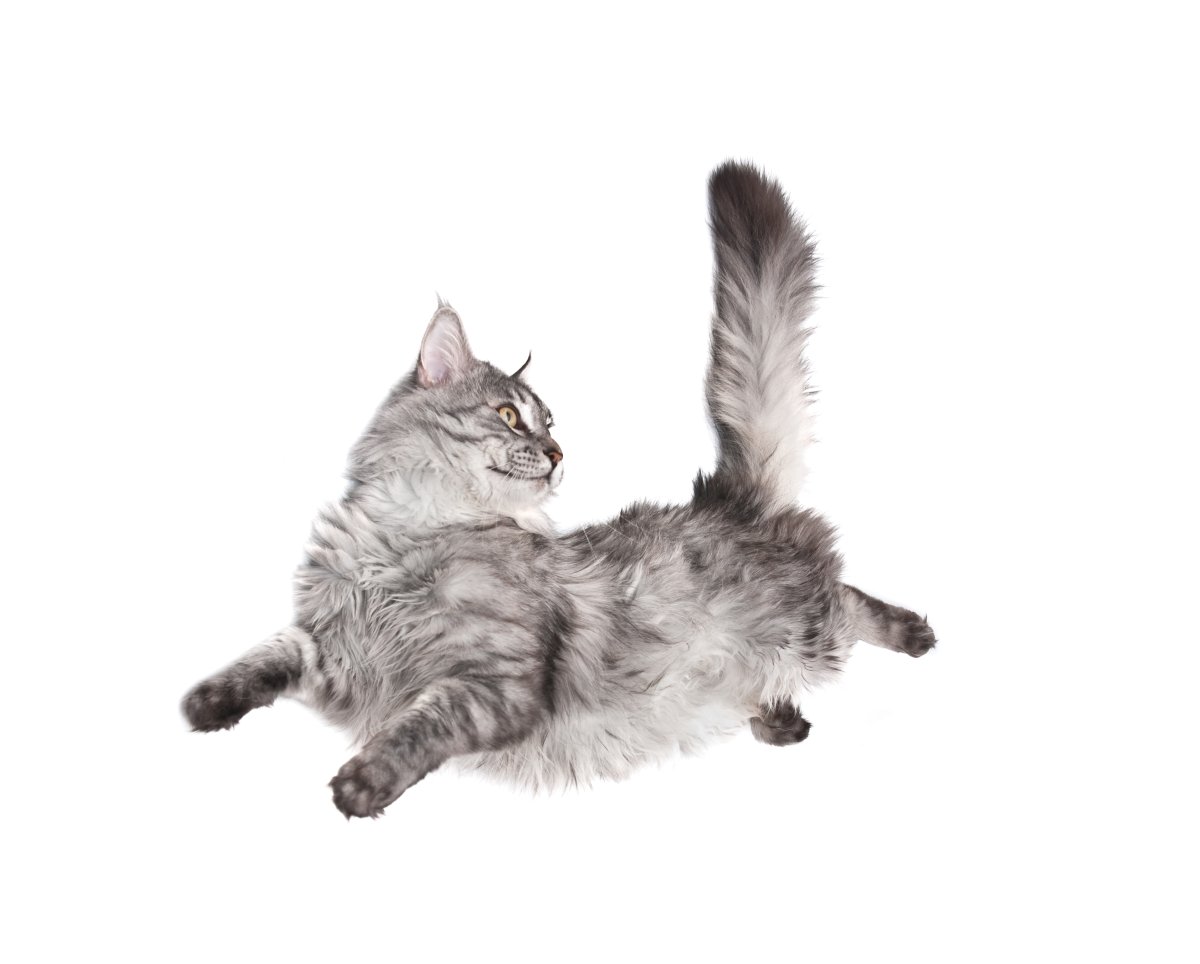
6 comments